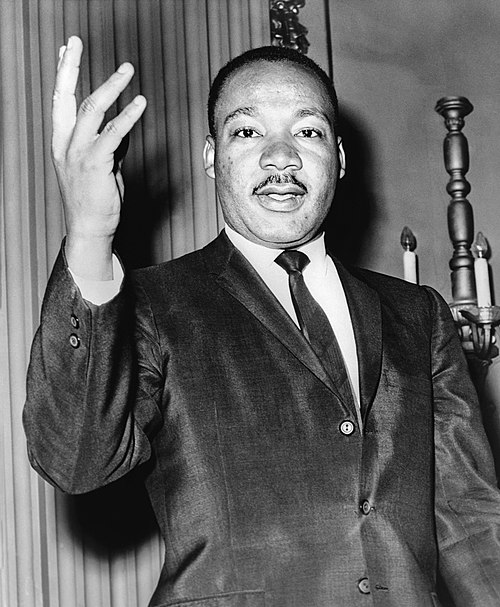Philosophynoun
The love of wisdom.
Philosophynoun
(uncountable) An academic discipline that seeks truth through reasoning rather than empiricism.
Philosophynoun
(countable) A comprehensive system of belief.
Philosophynoun
(countable) A view or outlook regarding fundamental principles underlying some domain.
Philosophynoun
(countable) A general principle (usually moral).
Philosophynoun
(archaic) A broader branch of (non-applied) science.
Philosophynoun
A calm and thoughtful demeanor; calmness of temper.
Philosophynoun
synonym of small pica|nodot=1.
Philosophyverb
To philosophize.
Philosophynoun
Literally, the love of, inducing the search after, wisdom; in actual usage, the knowledge of phenomena as explained by, and resolved into, causes and reasons, powers and laws.
Philosophynoun
A particular philosophical system or theory; the hypothesis by which particular phenomena are explained.
Philosophynoun
Practical wisdom; calmness of temper and judgment; equanimity; fortitude; stoicism; as, to meet misfortune with philosophy.
Philosophynoun
Reasoning; argumentation.
Philosophynoun
The course of sciences read in the schools.
Philosophynoun
A treatise on philosophy.
Philosophynoun
a belief (or system of beliefs) accepted as authoritative by some group or school
Philosophynoun
the rational investigation of questions about existence and knowledge and ethics
Philosophynoun
any personal belief about how to live or how to deal with a situation;
Philosophynoun
the study of the fundamental nature of knowledge, reality, and existence, especially when considered as an academic discipline.
Philosophynoun
a particular system of philosophical thought
Philosophynoun
the study of the theoretical basis of a particular branch of knowledge or experience
Philosophynoun
a theory or attitude that acts as a guiding principle for behaviour
Philosophy
Philosophy (from Greek: φιλοσοφία, philosophia, 'love of wisdom') is the study of general and fundamental questions, such as those about existence, reason, knowledge, values, mind, and language. Such questions are often posed as problems to be studied or resolved.
Educationnoun
(uncountable) The process of imparting knowledge, skill and judgment.
Educationnoun
(countable) Facts, skills and ideas that have been learned, either formally or informally.
Educationnoun
The act or process of educating; the result of educating, as determined by the knowledge skill, or discipline of character, acquired; also, the act or process of training by a prescribed or customary course of study or discipline; as, an education for the bar or the pulpit; he has finished his education.
Educationnoun
the activities of educating or instructing or teaching; activities that impart knowledge or skill;
Educationnoun
knowledge acquired by learning and instruction;
Educationnoun
the gradual process of acquiring knowledge;
Educationnoun
the profession of teaching (especially at a school or college or university)
Educationnoun
the result of good upbringing (especially knowledge of correct social behavior);
Educationnoun
the United States federal department that administers all federal programs dealing with education (including federal aid to educational institutions and students); created 1979
Education
Education is the process of facilitating learning, or the acquisition of knowledge, skills, values, morals, beliefs, and habits. Educational methods include teaching, training, storytelling, discussion and directed research.









































